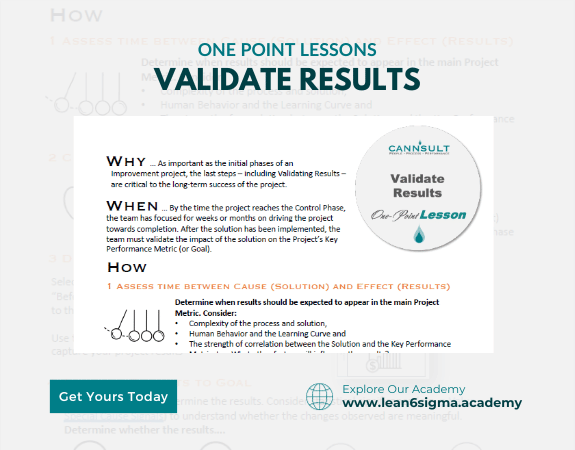Validate your Results
Enhance confidence in findings
Greater transparency
Improve data quality and accuracy
Reduced risk of errors or biases affecting decisions
More reliable basis for decision-making
Result validation is a critical process of verifying and confirming the accuracy, completeness, and reliability of data, findings, or outcomes.
Description:
Result validation is a fundamental step in any research, analysis, or decision-making process. It helps ensure that the information or findings you are working with are trustworthy and free from errors or biases.
Key Steps in Result Validation:
Data Verification: Check the data sources and collection methods to confirm that data is accurate, complete, and free from errors. This involves verifying data against original sources or conducting data reconciliation.
Cross-Validation: Compare results or findings from multiple sources or methods to identify discrepancies or inconsistencies. Consistency between different sources or methods increases confidence in the results.
Peer Review: Have results or findings reviewed by peers or experts in the field. External review provides an independent assessment and can uncover overlooked errors or biases.
Sensitivity Analysis: Assess how sensitive the results are to variations in input parameters or assumptions. This helps understand the robustness of the findings.
Replication: If applicable, replicate experiments or analyses to confirm that the results can be consistently reproduced.
Documentation: Keep thorough records of the validation process, including any discrepancies found and how they were resolved.
Benefits of Result Validation:
Improved data quality and accuracy
Enhanced confidence in findings
Reduced risk of errors or biases affecting decisions
Greater transparency in the research or analysis process
More reliable basis for decision-making
Key Takeaway:
Result validation is a crucial step in ensuring the accuracy, completeness, and reliability of data, findings, or outcomes. It involves a systematic process of verification, cross-validation, peer review, sensitivity analysis, and replication to confirm the trustworthiness of the results.

0 Reviews
Riaan is a dynamic leader, coach, facilitator, Lean Six Sigma Master Black Belt with over 20 years of hands-on experience driving business results. Riaan is highly skilled and has worked across diverse industries internationally. With a degree in Chemical Engineering, Riaan started in the major breweries and bakeries in South Africa and was so dedicated to his work that he was often known to take his work home with him.
